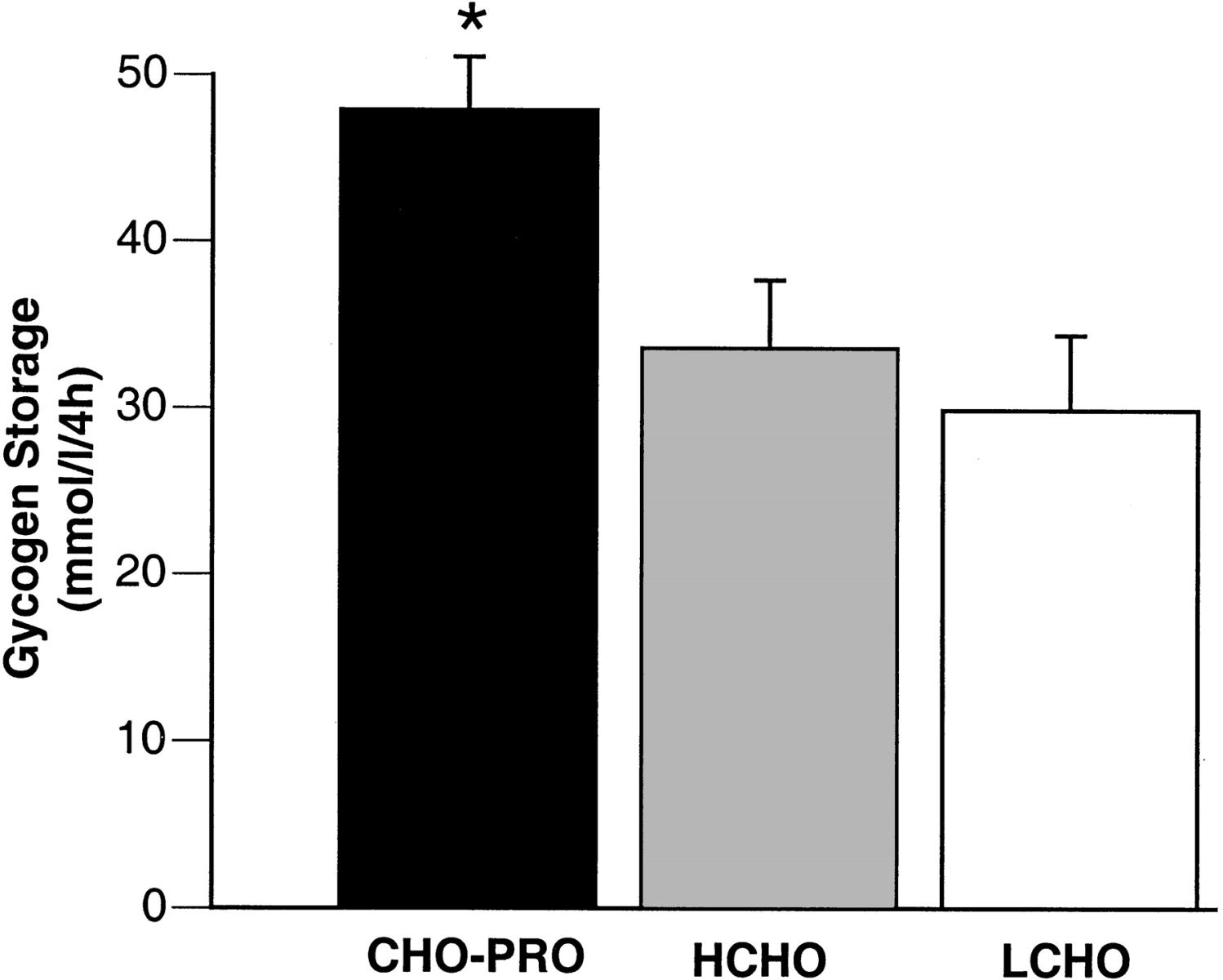Thoughts on Protein
Jeremiah Chapman CSCS, SCCC, Pn-1
The effects of protein supplementation have been well researched and documented over the past few decades. Whether it is building muscle, aiding in recovery, increasing satiety, reducing bodyfat, stabilizing blood sugar, etc., the case has been made supporting the benefits. With the overwhelming amount of information and endless varieties of protein lining the aisles at your local supplement store, many people do not know where to start.
While protein supplements have benefits, if your current diet consists of Pop-Tarts and McDonald’s, skip the rest of this article and read our nutrition post here and here. If your diet is on point, additional quality calories from protein can be beneficial for athletes. If you are looking to gain lean muscle mass and recover from strenuous workouts, additional protein along with a post-workout shake is a great place to start.
Why?
Protein has been shown to build muscle, reduce body fat, increase satiety, and help stabilize blood sugar. For most athletes, the benefits of building muscle by utilizing the amino acids found in protein is the most common benefit. Amino acids are the building blocks for the muscle tissue in your body and will lead to increased muscle mass and a decrease in recovery time between training.
What Kind?
Casein, Soy, Whey, Egg, Pea, Rice...which should you chose? While the choices can seem overwhelming, we recommend sticking with a basic whey protein. It is a derivative of milk (which is made up of 80% casein and 20% whey) and has all 9 essential amino acids. This makes it a complete protein and it is well tolerated by most people.
How Much?
We normally recommend between .8 - 1 gram of protein per pound of bodyweight. This would mean a 200lb athlete would consume between 160-200 grams per day. Research has shown the body can utilize between 20-30 grams during feedings, so these should be spread out over 5-6 meals throughout the day.
When?
As a way to get quality calories throughout the day, protein can be used as an easy on-the-go snack as well as a post workout shake.
Snacks
During school it can be hard to find the time to eat in-between classes. A quick shake, along with a piece of fruit or a handful of nuts, can be the perfect snack during the day between breakfast and lunch and/or before afternoon practices.
Post-Workout
Utilizing protein, along with carbohydrates post workout, has been shown to increase glycogen levels and speed up the recovery process. Below is a graph showing the difference between glycogen storage in cyclist post-workout when using a low-carb drink, a high-carb drink (gatorade) and a carb + protein drink. As you can see, the carb + protein drink showed a significant increase over the two carb-only drinks.

Why does this matter? Glycogen is stored in your muscle cells and used as fuel during workouts though a process known as glycolysis. Glycolysis is responsible for up to 80% of the ATP used during exercise. ATP = Energy. The more energy a muscle has stored the longer it can be used before fatigue occurs. Post-workout consumption of protein, along with some simple carbs (fast absorbing sugars), will give your body the nutrients it needs to start the rebuilding process and replenish glycogen levels so you can train hard during your next workout. In other words, your post-workout nutrition will not only help you recover from your workout, it will also start to prepare your body for the next one. If you can’t recover from the prior workout, your future training will suffer.
Key Takeaway
You can’t out train a bad diet. If you are constantly eating junk and “bad” calories, do not expect to maximize the effort you are putting into your workouts. Follow the simple steps laid out in our PRODUCE handout and you will be on your way to optimizing your workouts. After this foundation is in place, supplementing with protein as a snack or during your post-workout shake will be a great way to get quality calories and help prepare your body for the next workout.
